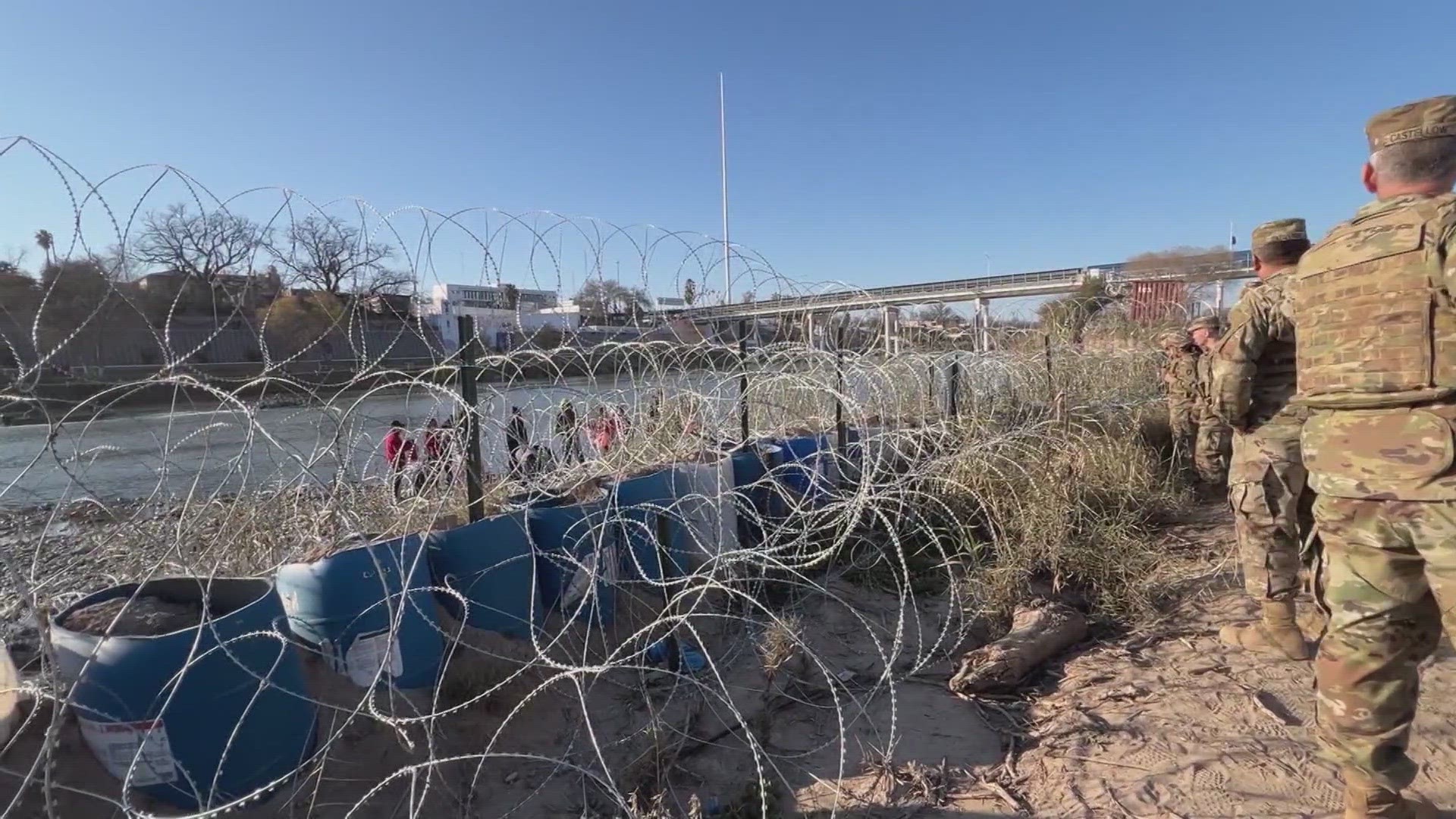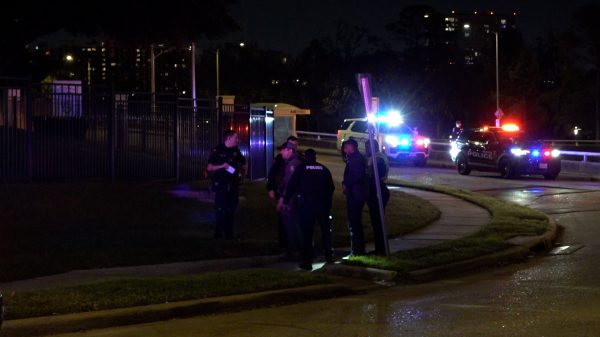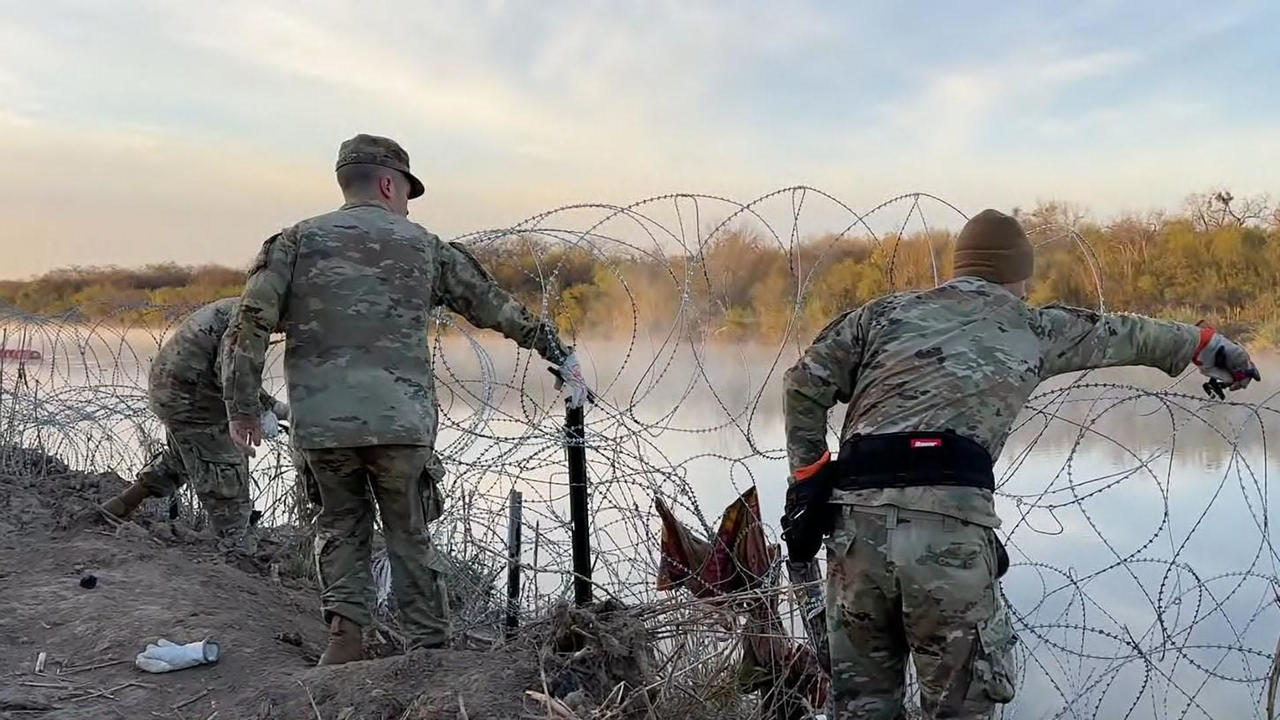A noteworthy 5-4 ruling was made by the U.S. The Biden administration’s position was upheld by the Supreme Court, allowing the removal of razor wire along the Texas–Mexico border. This decision is seen as a win for the administration and gives federal agents the power to remove some of the divisive razor wire. The dissenting opinions of Justices Brett Kavanaugh, Neil Gorsuch, Samuel Alito, and Clarence Thomas highlight how contentious this ruling is.

Photo from Google
Legal Battle and Texas’ Border Security Initiative
This ruling comes after a legal dispute that Texas started, arguing that increased border security was necessary in response to allegations of federal passivity on the flood of migrants from Mexico. Razor wire was installed, a floating barrier in the Rio Grande was constructed, and thousands of state troopers and National Guard soldiers were stationed along the 1,254-mile border as part of Governor Greg Abbott’s divisive “Operation Lone Star”.
The Biden administration’s move to the Supreme Court was prompted by Texas’ lawsuit, accusing federal agents of tampering with state property and obstructing efforts by Texas National Guard and Department of Public Safety officers to secure the border. The legal dispute intensified after the Fifth Circuit Court of Appeals overturned an initial ruling in favor of the administration.
The Supreme Court’s verdict now grants federal agents the authority to remove razor wire segments as they see fit, highlighting the ongoing contentious debate surrounding border security and immigration policy. This decision is a crucial development in the broader national conversation on immigration and border control.
READ ALSO: Intruder Apprehended Outside Taylor Swift’s NYC Home
Ongoing Policy Debate and Implications
Texas’ persistent efforts to reinforce border control and the Biden administration’s stance on immigration policy reflect the broader national discourse. The Supreme Court’s decision becomes a pivotal moment in this ongoing legal and policy battle, emphasizing the complexities and tensions surrounding border security measures.
The ruling allows for the removal of razor wire and addresses concerns raised by Texas regarding federal interference in state-led border security initiatives. As the Biden administration navigates these challenges, the decision’s implications resonate in the broader context of immigration policy and border management.
READ ALSO: The Temptation Of The Ruby Slippers: Inside The Final Heist Of A Reformed Mobster

















































